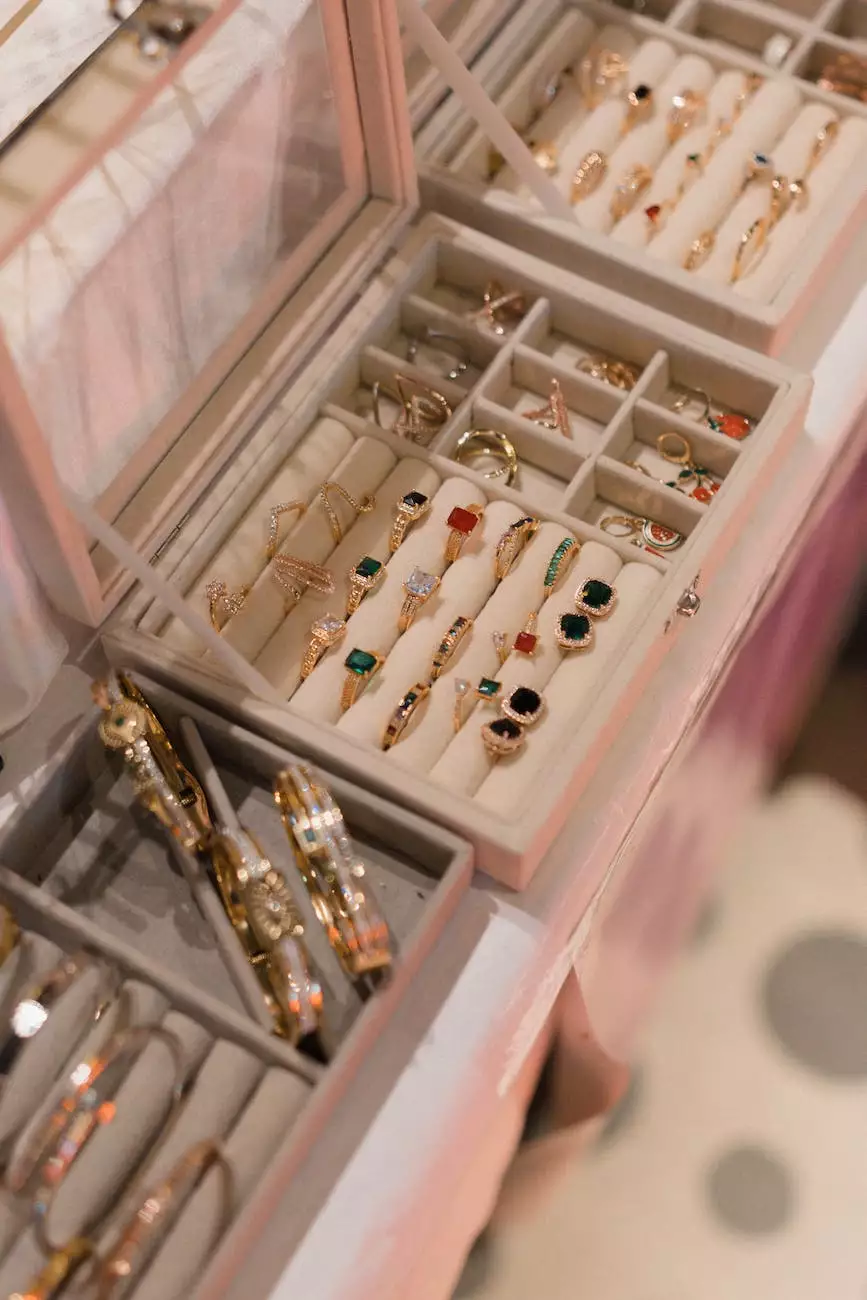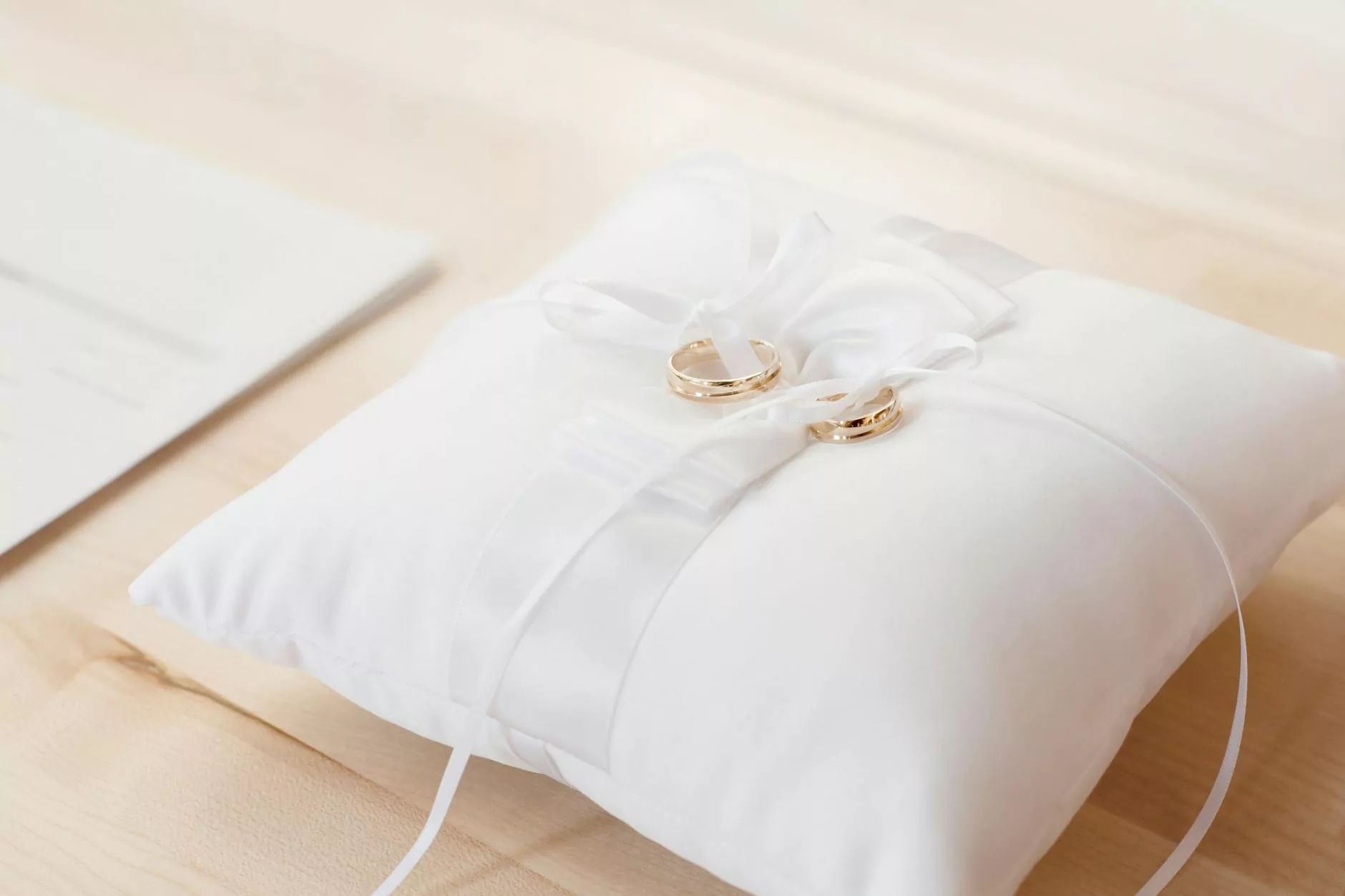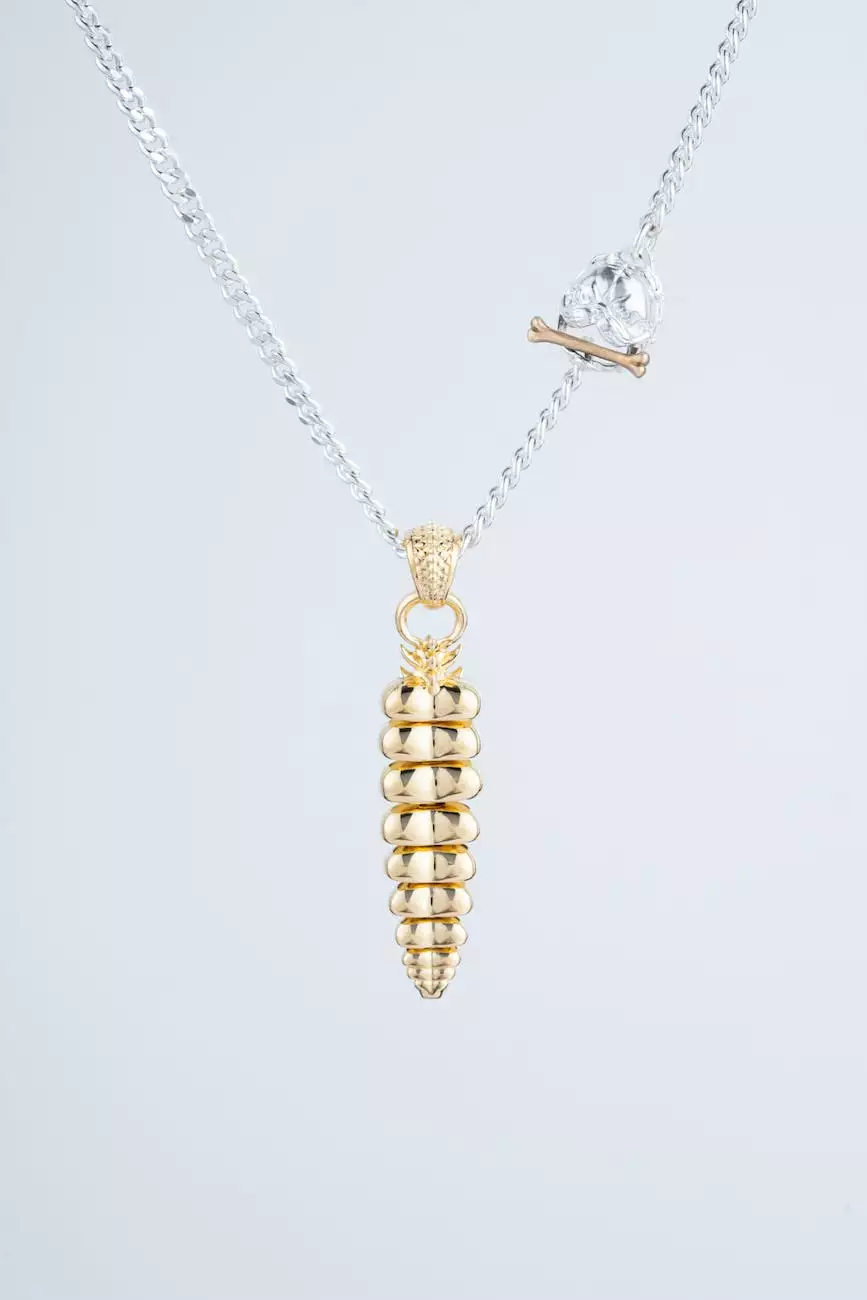Symptoms of Gold Allergy and Solutions to Solve It

Understanding Gold Allergy
Gold has been a popular choice for jewelry and other decorative accessories for centuries. However, it's important to note that some people may experience allergic reactions to gold jewelry. Gold allergies are quite rare but can cause discomfort and skin irritations for those affected.
Common Symptoms of Gold Allergy
When someone is allergic to gold, their immune system reacts to specific proteins present in the metal. These reactions can lead to various symptoms, including:
- Skin Irritation: People with gold allergies often experience itching, redness, and skin rash in areas where gold jewelry comes into contact with the skin.
- Eczema: Gold allergy may trigger eczema, a chronic skin condition characterized by dry, itchy, and inflamed skin.
- Contact Dermatitis: Allergic contact dermatitis can occur when gold comes into direct contact with the skin, leading to localized redness, swelling, and blisters.
- Hives: Some individuals with gold allergies may develop hives, which are raised, itchy welts on the skin.
- Respiratory Issues: In rare cases, inhaling gold particles or wearing gold jewelry near the respiratory system may cause symptoms such as coughing, wheezing, and difficulty breathing.
Effective Solutions for Gold Allergy
If you suspect you have a gold allergy, there are several effective solutions you can consider:
1. Hypoallergenic Jewelry
Intent offers a wide range of hypoallergenic jewelry specifically designed for individuals with sensitive skin or gold allergies. Our collection features beautiful pieces made from alternative hypoallergenic materials such as stainless steel, titanium, or platinum.
2. Allergy Testing
If you're uncertain about your gold allergy, it's recommended to consult with a dermatologist or allergist for an allergy test. These professionals can help identify the specific metals or substances causing your allergic reactions.
3. Patch Testing
For a more accurate diagnosis, patch testing can be performed to determine which substances trigger your allergic reactions. This procedure involves applying small amounts of potential allergens, including gold, onto your skin under adhesive patches for a certain duration.
4. Avoid Direct Contact
Avoiding direct contact with gold jewelry can help prevent allergic reactions. Consider wearing jewelry made from hypoallergenic materials or coating the inner surface of your gold jewelry with a protective barrier like clear nail polish.
5. Allergy Medication
For mild allergy symptoms, over-the-counter antihistamines and corticosteroid creams can provide relief. However, make sure to consult with a healthcare professional for appropriate recommendations and dosage instructions.
6. Consult a Medical Professional
If your gold allergy symptoms persist or worsen despite taking preventive measures, it's important to consult a medical professional. They can provide a personalized treatment plan based on the severity and nature of your allergies.
Explore Intent's Hypoallergenic Jewelry Collection
Intent understands the importance of comfort and style for individuals with gold allergies. Our eCommerce & Shopping website offers a wide range of hypoallergenic jewelry designed to cater to your specific needs. Browse our collection today and discover stylish alternatives to gold accessories.
Conclusion
If you experience symptoms such as skin irritation, eczema, contact dermatitis, hives, or respiratory issues when wearing gold jewelry, it's likely you have a gold allergy. Understanding the symptoms and effective solutions can help you manage and avoid potential allergic reactions. Explore Intent's collection of hypoallergenic jewelry for comfortable and stylish alternatives to gold. Take care of your skin while still expressing your personal style.










